Research
June 1, 2009

Sweet spot
Parents may be able to chalk up their children’s preference for the tooth-achingly sweet to growing pains. That’s the possibility raised by new research led by UW Professor of Dental Public Health Sciences Susan Coldwell.

Feeling the heat
A study commissioned by the state Legislature is the most comprehensive look yet at how climate change is likely to affect the state.
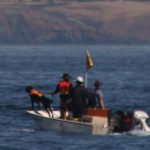
Orca's best friend
The best way to gauge a whale’s health is to study its scat, and that requires a little Lab work.
March 1, 2009

Songbirds' secrets
UW Professor of Psychology and Zoology Michael Beecher wanted to understand the social dimensions of learning how and from whom birds learn to sing in the wild. So he and his students began tramping through the thickets of Seattle's Discovery Park to find out.
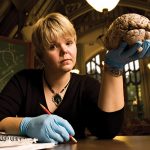
Knowing the enemy
A little more than 10 years ago, Kristin Swanson, a graduate student in applied mathematics at the UW, began work on an audacious project: an equation to model the growth and spread of brain tumors in individual patients.

Lifelines and vital signs
Richard Ladner is developing a variety of accessibility technologies to help people who are blind or deaf use computers, communicate and — perhaps closest to his heart — learn.
December 1, 2008
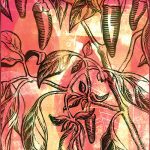
Pepper protection
In a recent study of wild chili plants in Bolivia, researchers discovered that spice levels increase in peppers growing in areas threatened by fungus-carrying insects.
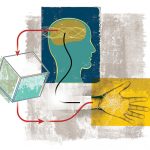
Potential breakthrough
Aided by external wires that rerouted signals from their brains, two macaques regained control of their paralyzed wrists and played a simple video game.
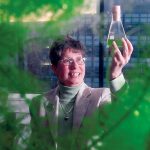
Clean and green
If, in 15 years, you’re driving a car powered by pond scum, you’ll probably have Rose Ann Cattolico to thank. The UW biology professor thinks algae is the most promising source of alternative energy out there.
September 1, 2008
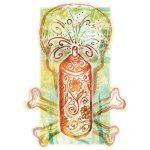
Sick from cleaning
According to a study by Anne Steinemann, a UW professor of civil and environmental engineering and public affairs, many of today’s top-selling dryer sheets, detergents and plug-in deodorizers contain toxic chemicals.

Nature's calmer
When it comes to defeating stress, hi-def can’t hold a candle to the real thing, according to a study by the UW Human Interaction with Nature and Technological Systems Lab.
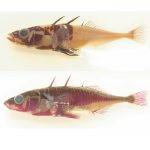
Fish armor up
When Washingtonians initiated a lake cleanup and visibility jumped from about 30 inches to 25 feet, the stickleback had a challenge: Evolve or die. The fish’s solution? Revert to an earlier design.
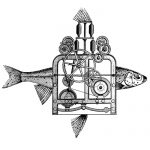
School of Robofish
UW researchers have put a new spin on the fin: they’ve made a robotic fish that can communicate with its schoolmates.
March 1, 2008

Sea levels on the rise
Melting glaciers in Greenland and Antarctica, combined with other effects of global climate change, are likely to raise sea levels in parts of Western Washington by the end of this century.
December 1, 2007
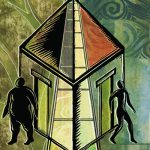
Obesity & economics
UW researchers found that the more affluent the neighborhood, the lower the obesity rate.
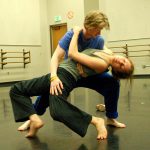
Soul searchers
If you kept changing your major and rethinking your career options while you were a UW student, you had lots of company, according to the first truly comprehensive study of undergraduate education in the nation—UW SOUL.
September 1, 2007

Genetics prize winner
According to the Gruber Foundation, the human genome would have been “an impossible jigsaw puzzle” without the work of UW Medicine and Genome Sciences Professor Maynard Olson.

Honoring a legend
The University will salute UW Genome Sciences and Biology Professor Benjamin Hall Oct. 17 when it dedicates its newest research facility in his honor.
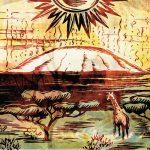
Woes of Kilimanjaro
UW researchers say global warming has nothing to do with the decline of Kilimanjaro’s ice, and using the mountain in northern Tanzania as a “poster child” for climate change is simply inaccurate.
Record research funding
The University of Washington received over $1 billion in grant and contract research funding for 2006-07, marking the first time it has reached this level.